'Ghughi' will make people on both India and Pakistan gravitate to their roots: Adnan Siddiqui
'Ghughi' is the TV adaptation of Manoj Bajpayee and Urmila Matondkar 1994 starrer, 'Pinjar'
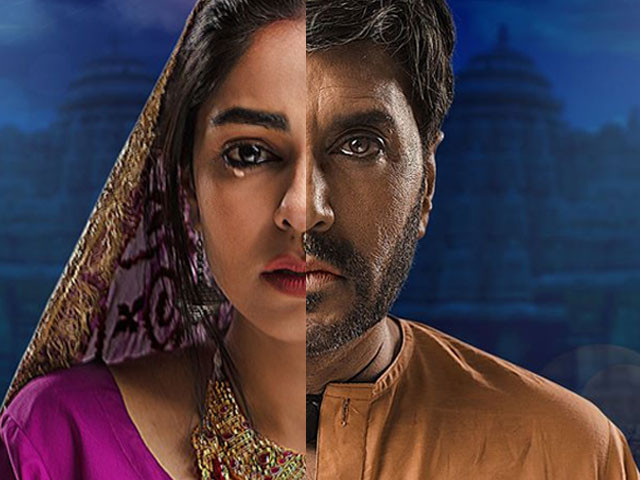
PHOTO: INSTAGRAM
When Siddiqui watched Pinjar - a film based on Amrita Pritam’s famous novel by the same name, a few years ago, he knew his search was over. The movie starred Manoj Bajpayee and Urmila Matondkar in titular roles.
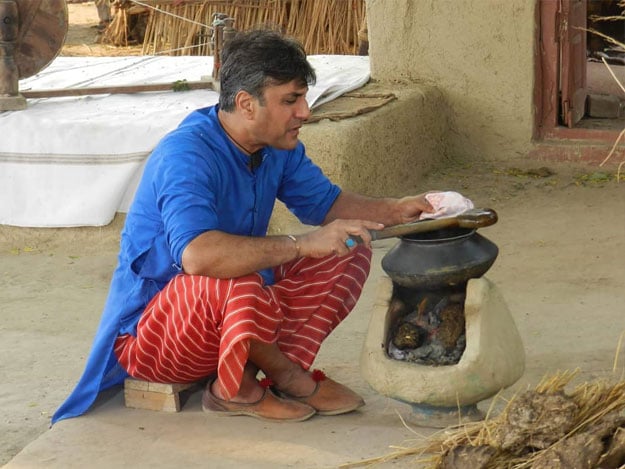 PHOTO: INSTAGRAM
PHOTO: INSTAGRAMSiddiqui then read the novel set in pre-partition Punjab, put a team together to adapt it, and convinced a local channel to come on board for a television series.
After seven months of intense shooting, the small screen adaptation of Pinjar, titled Ghughi, is scheduled to be launched on January 25.
Speaking to The Indian Express, Siddiqui says, “Pinjar fitted the bill. It’s written by one of the celebrated authors of the sub-continent and considered to be a literary classic.” On the weekly drama premiering the evening before India’s Republic Day, the actor says, “Good things happen, if the intention is good.”
For viewers in India, the hour-long episodes would be uploaded on the internet by 10pm IST every Thursday, within half an hour of its telecast in Pakistan.
“Ghughi will make people on both sides of the man-made border gravitate to their roots. It is not just about the horror of Partition, two nations or religions. Primarily, the series talks about human beings and their emotions, which suffered at the hands of a few decision-makers,” says Siddiqui, co-producer and lead actor.
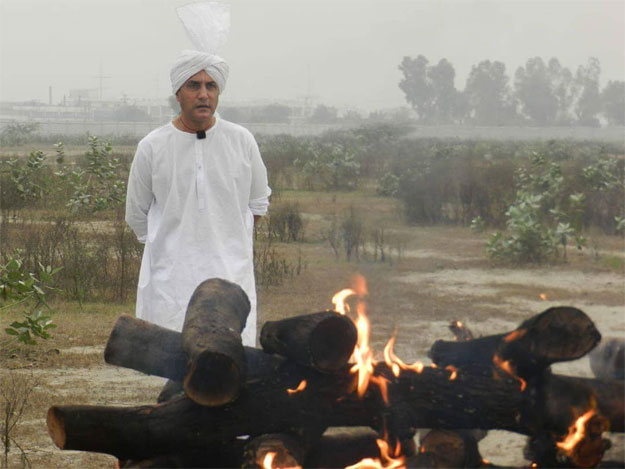 PHOTO: INSTAGRAM
PHOTO: INSTAGRAMWith a career spanning three decades, Siddiqui was cast as Sridevi’s husband in the 2017 release Mom and featured in Michael Winterbottom-directed A Mighty Heart.
Well-known screenwriter Amna Mufti has adapted the story of Pinjar, which was written in 1950. In the original novel, a Hindu woman engaged to a doctor from her community is abducted by a Muslim man in August 1946 in Amritsar to settle a family feud.
In Ghughi, Puro’s name is changed to Nirmala — the role is played by Amar Khan. Siddiqui plays Rasheed.
According to the actor, it was not easy to rope in a TV channel for such a project. “Unfortunately, both in India and Pakistan, har cheez TRP pe ruk gayi hai (everything stops when it comes to TRP). If we can let go of that concern for a while, new ideas will come up and be explored."
In 2004, the movie Pinjar, won the National Film Award for Best Feature Film on National Integration.
https://www.instagram.com/p/Bda03MEAUoQ/?hl=en/?&taken-by=adnansid1
Since the story is set in the 1940s, says Siddiqui, the costumes and art direction demanded a lot of attention. Siddiqui had to learn horse-riding and how to make gur (jaggery), while Khan had to relate to the “demeanor of girls of the 1940s” to essay the character of Nirmala, or Nimmo.
“Internalising the intensity and conviction of women of the 1940s was tough. I’d read books from that era, listened to some really old Hindi songs. As the character demanded physical vulnerability, I had to rehearse how to balance a matka on the head, learn how they carried their dupattas then and dig my hands into cow dung, among others,” says Khan.
However, the most difficult task for Khan was “to connect with those women who were abducted, raped, mutilated, and discarded”.
“Honestly, there isn’t any preparation for that emotion, it’s all about being a shrewd listener, absorbing pain, thinking about the worst things in your own life and instinctively performing along the lines,” says the actor, who has visited India many times and has “a lot of friends” there.
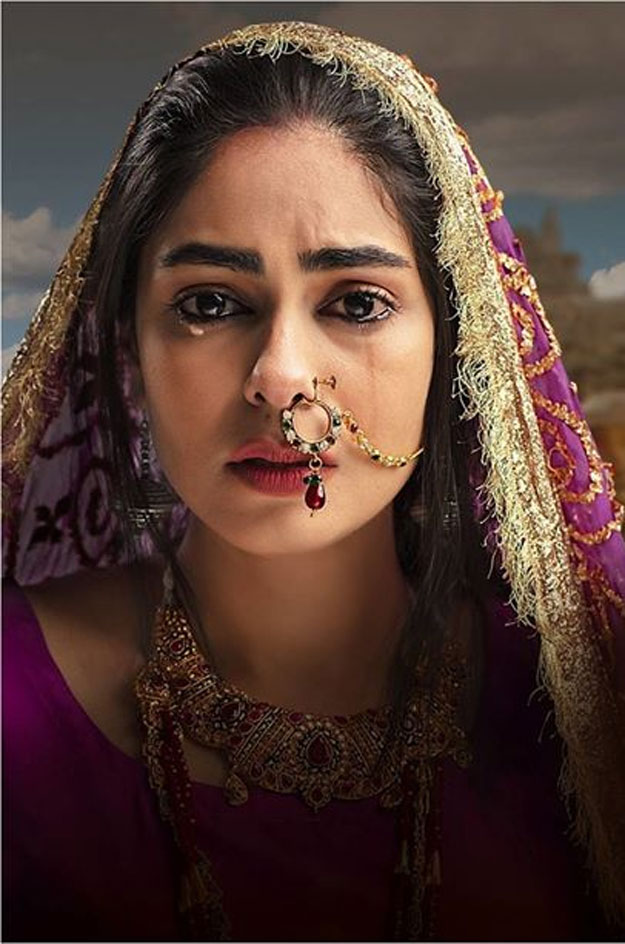 PHOTO: INSTAGRAM
PHOTO: INSTAGRAMThe show took the cast and crew to real locations in Pakistan’s Punjab. “We have shot in a gurudwara and a temple in Punjab,” says Khan. “Some locations were just an hour’s drive from the border. In the evenings, we could see the lights on the Indian side,” says Siddiqui.
Though the movie is based on the same story, the TV show — which has already shot for 30 episodes — promises to explore that turbulent period, Partition and its impact on people in detail.
Pointing out that Ghughi is a story of women, who were subjected to social bias and yet remained resilient, Siddiqui says, “Sharing this agony, culture, literature and heritage, it is upon us to share some great content on both sides of the border and grow as beautiful independent nations which once had an intense affair.”
Have something to add to the story? Share it in the comments below.





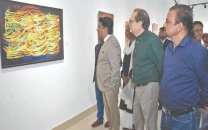













COMMENTS
Comments are moderated and generally will be posted if they are on-topic and not abusive.
For more information, please see our Comments FAQ